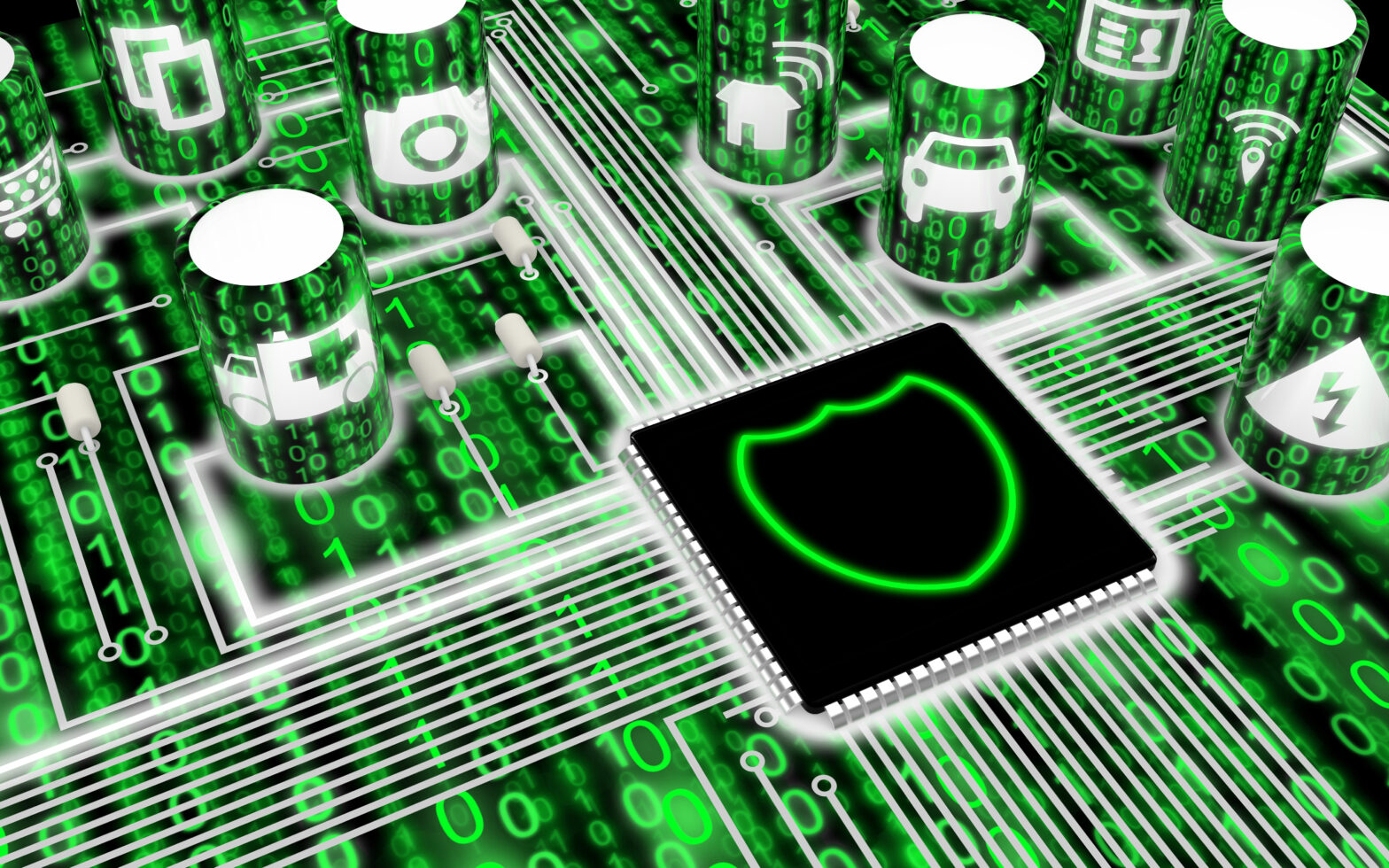By 2050, there could be as many as 50 billion devices connected through the Internet of Things. There’s absolutely no doubt the internet of things is going to be widespread. What should concern most businesses and consumers is the lack of security built into the current generation of smart devices.
In October of last year, a sophisticated new malware successfully infiltrated millions of everyday objects across the globe. These devices were used as part of a ‘botnet’ to bring down some of the most popular websites on the net, including Mashable, CNN, the New York Times, the Wall Street Journal, and Yelp. The attack served as a wake up call for security experts and enterprises.
Currently, the growth of IoT far outpaces the level of security. From smart LED lights to office motion trackers, these smart devices are easy to use and easy to access, but extremely vulnerable to attack.
>See also: The security challenges with the Internet of Things
Consumers and businesses, meanwhile, seem overwhelmed by the onslaught of new gadgets. Most large businesses take cyber security seriously, but their safety policies only extend to the laptops and desktop computers used at work. Some might go a step further and encrypt smartphones as well.
However, no one would seriously consider adding antivirus to a coffeemaker or smart bulb. The security features need to be built in by the manufacturer.
Manufacturers share the responsibility of securing their devices, but defending hardware is a lot more difficult than securing software. A benefits account administration software could get regular security updates that keep it safe, but updating a smart thermostat isn’t as easy.
>See also: How blockchain will defend the Internet of Things
Some players in the technology industry want the government to get more involved. Regulating IoT devices the same way bank security is regulated. Banks have tight regulations and protocols that protect customers from online theft and fraud. Tech companies now want a similar level of regulation for IoT manufacturers so that devices can be secured and service providers can compete on a level playing field.
Safety regulations for the IoT industry may have to wait a while as the Trump administration seems unwilling to take it up. The head of the Federal Trade Commission recently said that the industry must attempt to find a solution and self-regulate till regulations are absolutely unavoidable.
A major cyber attack on smart devices across the globe could force the government’s hand soon enough.







